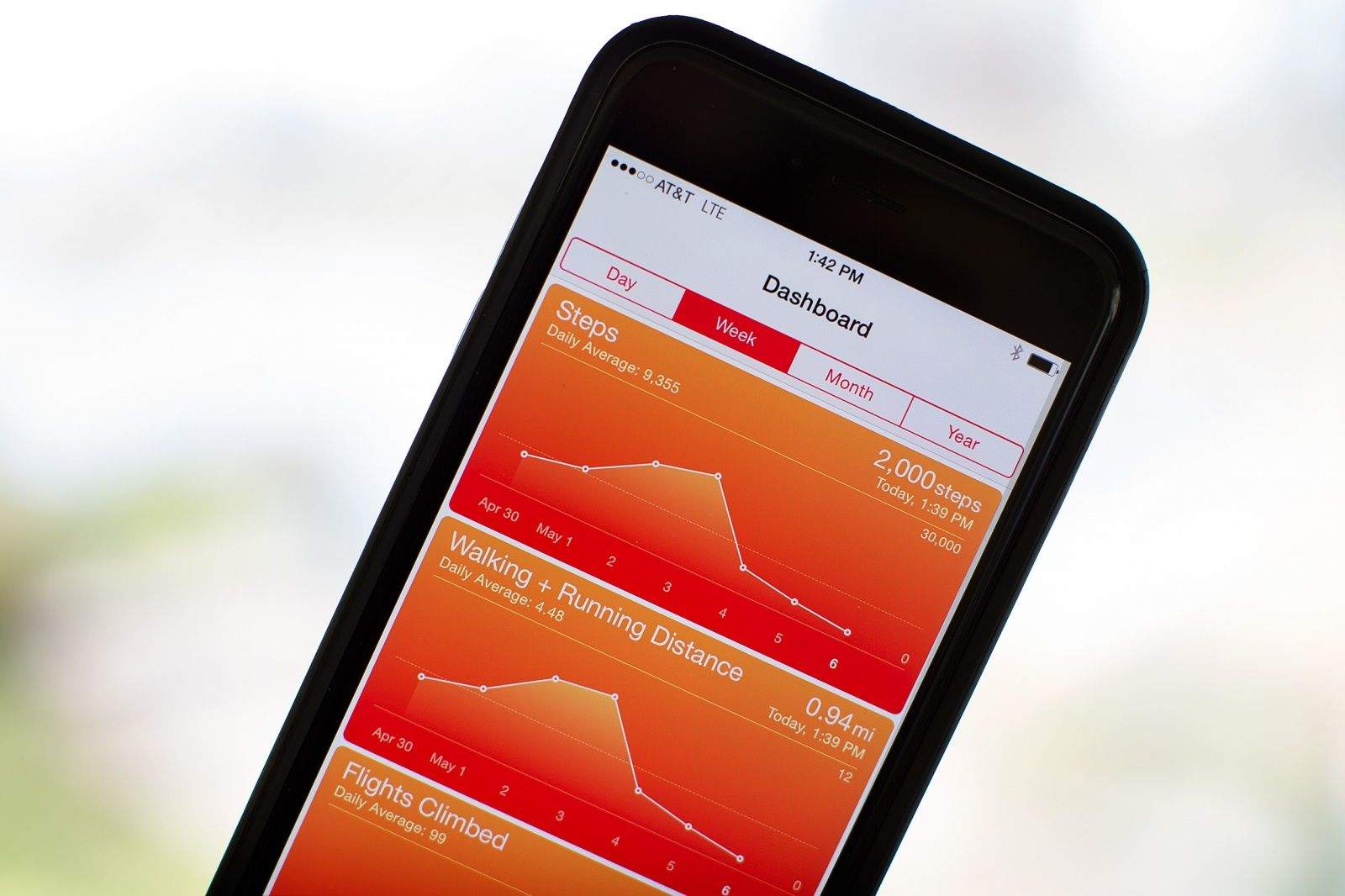A number of tech companies are excited about the possibility of revolutionizing healthcare. However, a long-time Apple veteran believes that the “fast fail” approach employed by many Silicon Valley startups is fundamentally at odds with the requirements of digital health.
Interestingly, while her critiques certainly apply to a number of companies, they don’t totally apply to Apple. That certainly bodes well for the company’s health ambitions going forward.
The Apple veteran in question is Robin Goldstein, who worked for Apple for 22 years — most recently as its Senior Manager of Health Special Projects. In an op-ed commentary for CNBC, Goldstein observes how the way current tech products are developed and rolled out doesn’t really work with healthcare.
“A bad product or poor user experience doesn’t have any ramifications beyond that particular product or experience, and they can always wipe the slate clean and start again,” she writes. “In the world of digital health this is a big problem.”
Goldstein rightly suggests that the stakes are much higher for a technology which could save (or end) a person’s life. There is also the fact that, for health technology to live up to its potential, it must bring a clinician into the loop. As Goldstein writes:
“So if a patient uses a digital health product but their health care provider won’t accept and incorporate the results into their treatment, it’s a fail. And if a primary care doc recommends a device, but the consumer doesn’t use it as ‘prescribed’ (for any of a number of reasons) it’s also a fail.”
Promise now, deliver later
We’ve already seen examples of tech health companies which tried to adopt the hype-driven tech model of promising something really great, before anyone else can do it, and then failing to deliver. The most notable example of this is Theranos, an ill-fated blood-testing company whose founder Elizabeth Holmes notably modeled herself after Steve Jobs.
But Apple isn’t a company that conforms to the same “move fast and break things” mentality as many of its other tech rivals. It is rarely the first to market with a new product category; preferring instead to tweak existing concepts until they “just work.” This is the same for the MP3 player, the smartphone, the tablet, and countless more.
With rare exceptions, the way that Apple works is very different to the approach used by companies like Google. Google will happily issue products when they are still in a relatively early stage, and then use feedback to gauge which products are striking a chord with people, and how to improve them. If software fails, Google loses very little from abandoning it early on.
Apple, on the other hand, does not do this. It comes from a hardware background, where a recall comes with heavy costs. Because of this philosophy, even Apple’s software tends to be polished to a shippable state behind closed doors, and only released to the world when they are ready.
Apple could be well placed to help
In her op-ed, Goldstein notes that Apple isn’t immune to flops, of course. She singles out the Power Mac G4 Cube: a computer Apple launched in 2000, which wound up being a commercial dud. To this, we could add Ping, MobileMe, and others.
But if this “rush-to-be-first, no-matter-what-the-cost” attitude is the major one affecting Silicon Valley companies when it comes to digital health, surely Apple is, overall, pretty well-placed to play a big role?


